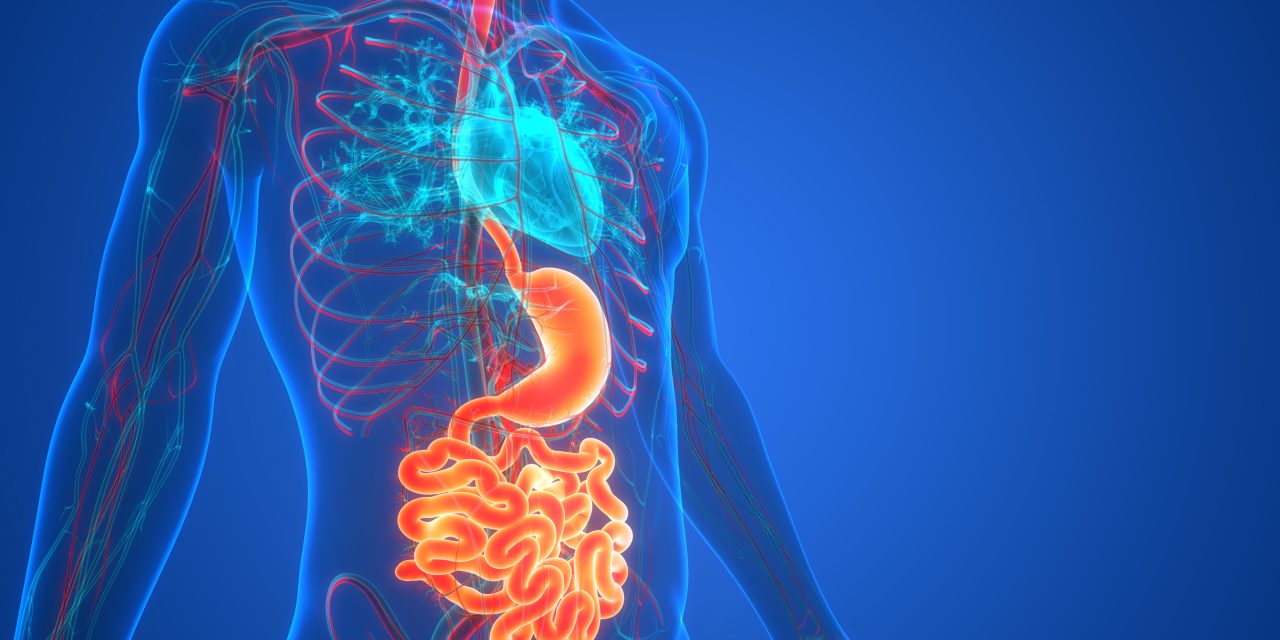Hollow mesoporous silica microsphere (HMSM) particles are one of the most promising vehicles for efficient drug delivery owing to their large hollow interior cavity for drug loading and the permeable mesoporous shell for controlled drug release. Here we report an easily controllable aerosol-based approach to produce HMSM particles by continuous spray-drying of colloidal silica nanoparticles and Eudragit/Triton X100 composite (EUT) nanospheres as templates, followed by templates removal. Importantly, the internal structure of the hollow cavity and the external morphology and the porosity of the mesoporous shell can be tuned to a certain extent by adjusting the experimental conditions (i.e., silica to EUT mass ratio and particle size of silica nanoparticles) to optimize the drug loading capacity and the controlled-release properties. Then, the application of aerosol-synthesized HMSM particles in controlled drug delivery was investigated by loading amoxicillin as an antibiotic compound with high entrapment efficiency (up to 46%). Furthermore, to improve the biocompatibility of the amoxicillin-loaded HMSM particles, their surfaces were functionalized with poly(allylamine) and alginate as biocompatible polymers via the layer-by-layer (LbL) assembly. The resulting particles were evaluated towards Escherichia coli (Gram-negative) bacteria and indicated the bacterial inhibition up to 90% in less than 2 hours. Finally, we explored the versatility of HMSMs as drug carriers for pancreatic cancer treatment. Because the pH value of the extracellular medium in pancreatic tumors is lower than that of healthy tissue, chitosan as a pH-sensitive gatekeeper was grafted to the HMSM surface and then loaded with a pro-apoptotic NCL antagonist agent (N6L) as an anticancer drug. The obtained particles exhibited pH-responsive drug releases and excellent anticancer activities with inhibition of cancer cell growth up to 60%.
Aerosol-Assisted Synthesis of Tailor-Made Hollow Mesoporous Silica Microspheres for Controlled Release of Antibacterial and Anticancer Agents.


